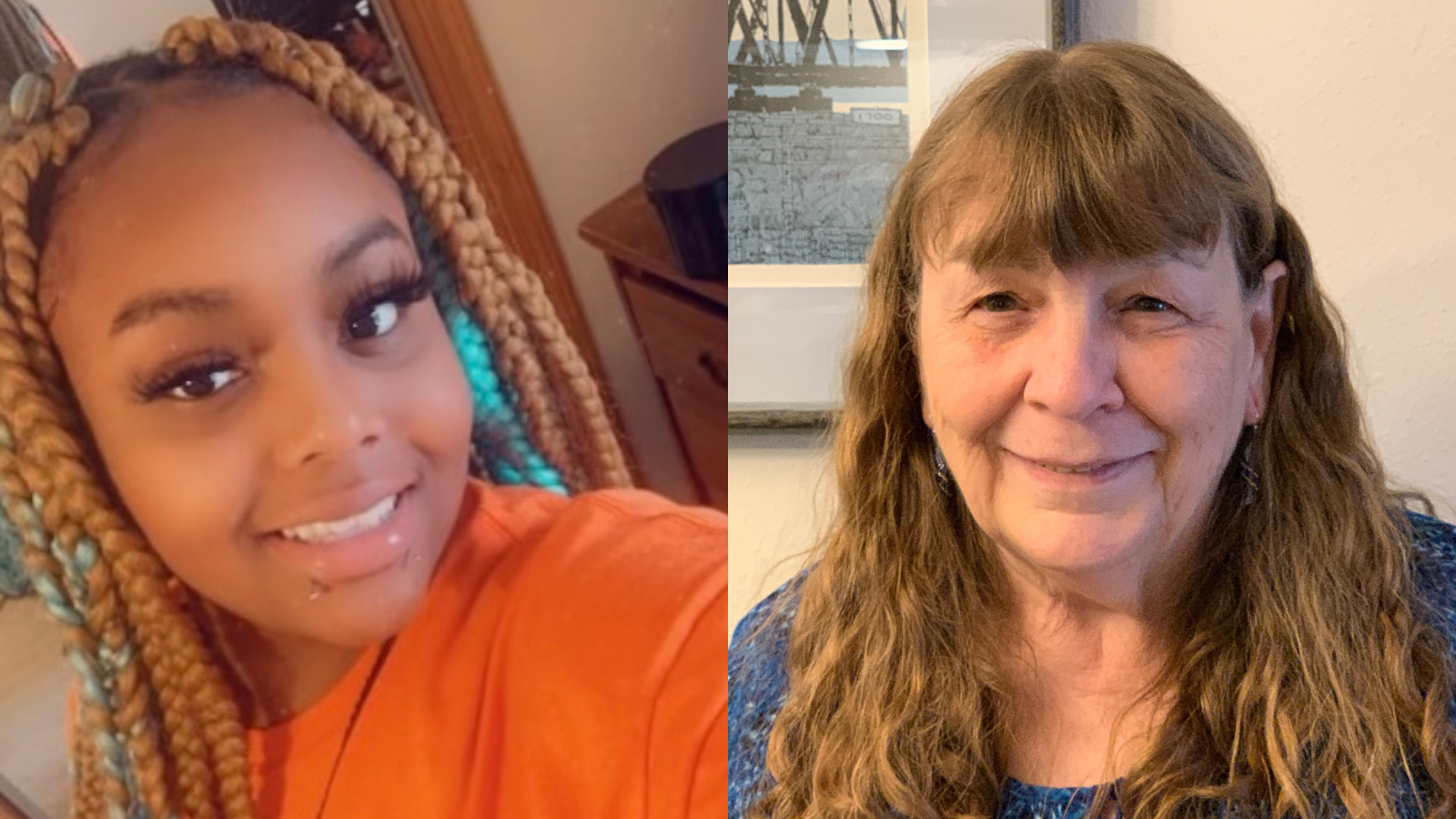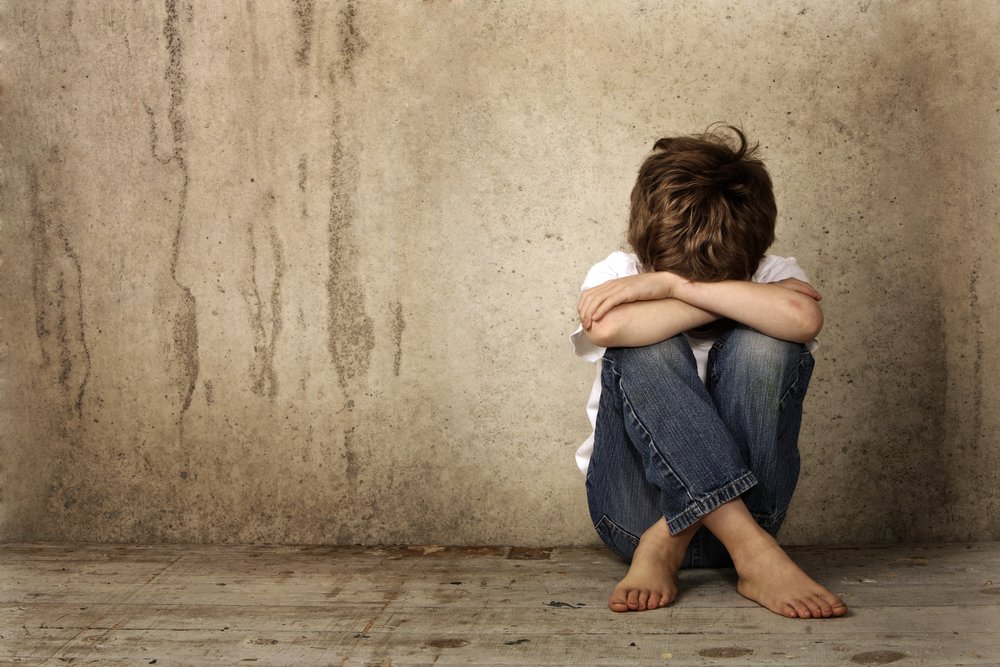Indiscriminate Use of Psychotropics among Children in Foster Care Is a National Disgrace
By Samantha Bartosz, Deputy Litigation Director, Children’s Rights
This blog contains an update on M.B v Corsi, first featured on November 14, 2018.
I recently sat in a courtroom in Kansas City and listened to a foster mom, a grandfather, and a birth mother all speak with great emotion about the harm done to children they love. They had come to testify before the final hearing in the first federal class-action lawsuit to focus solely on the widespread and often dangerous use of psychotropic medications among youth in foster care.
But the words that I found most sobering were those of a young woman who had spent her teen years in the Missouri foster care system and had lived the experience. She was put on daily doses of multiple drugs that caused confusion, hallucinations and myriad health problems. She gained nearly 100 pounds in the course of a few months. She felt betrayed by the very system charged with keeping her safe.
Earlier this month a US District Court Judge gave final approval to a groundbreaking settlement in a case brought by Children’s Rights and our partners on behalf of more than 13,000 children in Missouri foster care to make sure what happened to this young woman will happen no more. I am gratified to know that the state will now turn to implementing reforms that will make sure that these powerful drugs are only administered when necessary.
But Missouri is far from the only state where the administration of psychotropic medications to children is a problem. On any given day, there are more than 440,000 children in U.S. foster care. All are victims of trauma—through abuse, neglect, and the experience of removal from their homes. Nearly all enter state custody with significant mental health needs, which frequently leads to the prescription of psychotropic medications.
Antipsychotics, one of the most powerful classes of psychotropic drugs, are often administered to children in foster care to treat a diagnosis, such as ADHD, that the drug was never designed to address. The consequences can be serious. The incidence of type 2 diabetes for children given these drugs is three times as high as for children not medicated. These medications can sometimes cause other profound and even permanent adverse effects including psychosis, seizures, irreversible movement disorders, suicidal thoughts, aggression, weight gain, organ damage, and other life-threatening conditions.
The grave harms and risks to foster children flowing from the administration of psychotropic medications are exacerbated because these children often live with caretakers who do not have detailed knowledge of their trauma background, mental health needs, or medical history. This puts children at a heightened risk of serious physical and psychological harm because of the lack of an adequate oversight system to ensure that psychotropic drugs are administered safely and only when necessary.
Because of the success of our lawsuit, Missouri will now begin implementing reforms to protect these children: medical records will be monitored; doctors and caregivers, with real input from youth, will vet the risks and the benefits of medication before it is administered; and an independent child psychiatrist will be available to provide secondary review of prescriptions for efficacy and safety.
Our settlement in Missouri will establish better practices that prioritize the health and well-being of its most vulnerable children. But I also hope that it marks the dawn of a national wake up call for states across the country.
If the moral test of a society is how it treats its children, we have a long way to go. Missouri sets an example for other states that reform is possible—and sends a message that inaction will not be tolerated.










